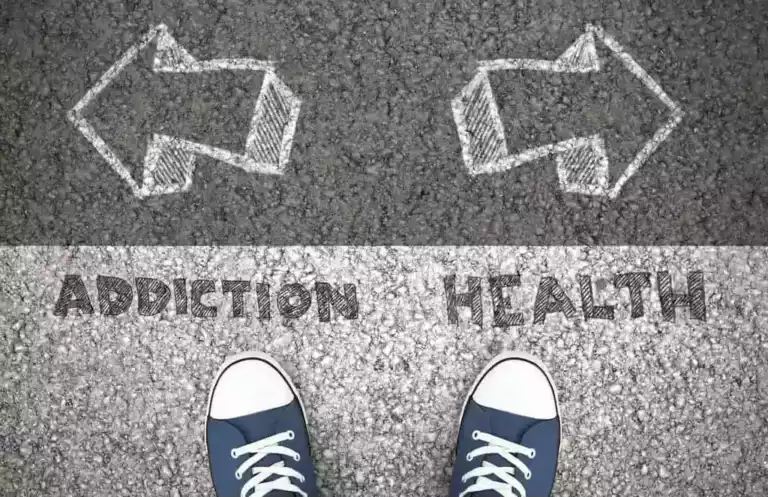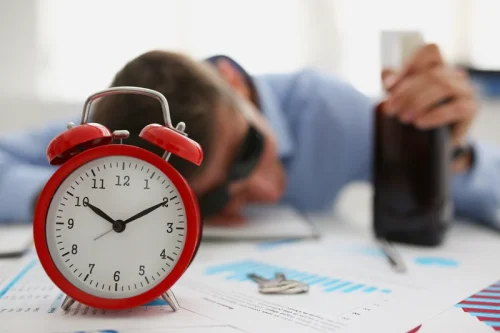
For some individuals, complete abstinence from alcohol may not be desired or achievable for various reasons. In such cases, moderate drinking may be considered as an alternative approach. However, moderation requires strict adherence to predetermined limits on alcohol consumption and ongoing monitoring of drinking behaviors. The earlier the signs of an alcohol relapse are recognized in yourself or someone you love, the sooner you can take action.
Step 4: Get Through Withdrawal
When alcohol enters the body, the brain, heart, liver, and pancreas can all be affected. Alcohol “interferes with the brain’s communication pathways, and can affect the way the brain looks and works. The idea is devastating, but it is not uncommon for an alcoholic in recovery to slip up and drink again.
Seeking Treatment After Relapse

At Genesis Recovery, we are here to answer all your questions regarding alcohol use disorder, the process of recovery, and the slip-ups that come along with it. Multidimensional family therapy is another form of outpatient treatment. This therapy is developed for adolescents with drug use problems and their families.

Alcohol Relapse Warning Signs, Prevention, and Treatment
- Surround yourself with supportive loved ones, attend self-help group meetings, and/or go to therapy sessions.
- You may again seek out the people and situations that support your alcohol use.
- The three most commonly used medications for alcohol use disorder are naltrexone, disulfiram, and acamprosate.
- You may be hesitant to propose this topic to your therapist, your sponsor, or your friends in recovery for fear of judgment or even ridicule; however, there are no stupid questions when it comes to recovery.
- It teaches you how to overcome negative thinking, which is often at the heart of a relapse.
There is also evidence that naltrexone works best when patients continue drinking as normal, at least when beginning the medication. In a 2022 meta-analysis published in the scientific journal Addiction, on average, patients who took naltrexone drank two fewer days per month compared to patients who took a drinking again after sobriety placebo. When participants were not required to be abstinent, the reductions were even larger. “When I’m treating alcohol use disorder, naltrexone is almost always my first-choice medication,” Saxon said. Loving and encouraging family and friends can definitely help support your journey to become sober.
Alcohol Use Disorder: What to Know About Relapse
- For these individuals, medication-assisted treatment was a game changer, allowing them to finally establish a different relationship with alcohol.
- Of these three medications, naltrexone is the best option for people seeking to limit their drinking, versus abstaining completely.
- Heavy alcohol consumption can raise your heart rate and blood pressure for up to 24 hours after drinking.
Going to Treatment After a Relapse

- Many people battle with lapses and relapses during their recovery journey.
- Their face may be red and blotchy, they may have a beer belly and look bloated.
- While moderation may work for some individuals, it’s essential to recognize that it carries inherent risks, particularly for those with a history of alcohol addiction.
- Some are structured in programs, such as the 12-step approach used by Alcoholics Anonymous and similar addiction recovery programs.
- These resources offer a secure and encouraging atmosphere to share stories, gain inspiration from others in similar circumstances, and foster a sense of community and responsibility in maintaining long-term sobriety.
Social Withdrawal and Isolation
Find more like this: Sober living